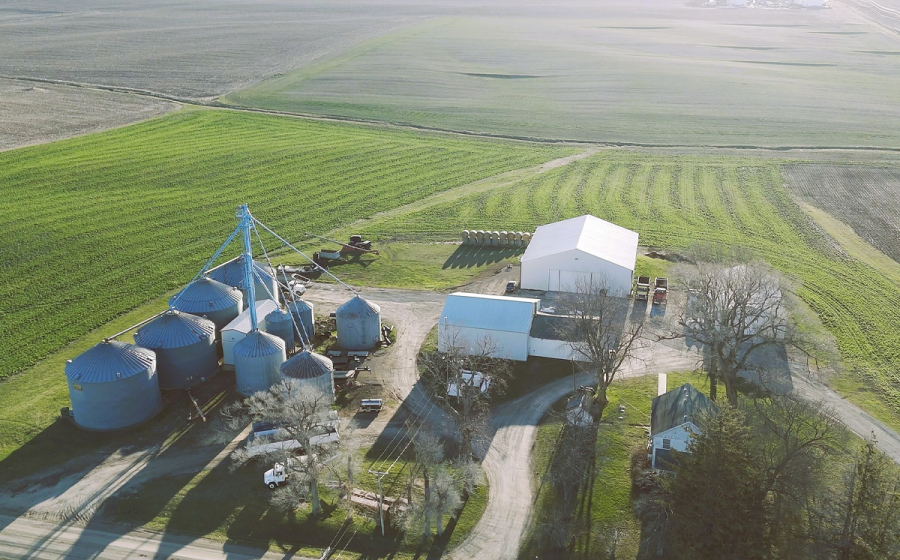
In a decisive move to future-proof its business and deepen its environmental impact, PepsiCo has unveiled a refined set of sustainability targets under its PepsiCo Positive (pep+) strategy. These updated goals, announced on May 22, 2025, reflect nearly four years of progress and learning since the initiative’s launch, and align more closely with global climate science, market conditions, and infrastructure realities.
Farming the Future: Regenerative Agriculture Takes Center Stage
One of the headline commitments is an expanded regenerative agriculture goal PepsiCo now aims to implement sustainable farming practices across 10 million acres by 2030, up from its previous 7 million-acre target. With 3.5 million acres already transitioned by 2024, the company is doubling down on efforts to improve soil health, biodiversity, and water retention while enhancing long-term farmer resilience.
Climate Commitments Strengthened with Science-Based Targets
PepsiCo’s newly released Climate Transition Plan outlines updated Scope 1, 2, and 3 emissions targets in line with a 1.5°C global warming pathway, fully aligned with the Science Based Targets initiative (SBTi). The company now aims for net zero emissions by 2050, shifting from a previous 2040 goal and reflecting new guidance for Forest, Land, and Agriculture (FLAG) and Energy & Industry sectors.
Packaging Focus Narrowed to Key Impact Zones
Acknowledging infrastructure limitations and regulatory hurdles in regions like India and China, PepsiCo has refined its packaging goals to focus efforts in key markets where change is more achievable and impactful. The company is retiring its reuse target but remains committed to developing recyclable, compostable, or reusable packaging and reducing virgin plastic use through innovation and cross-sector collaboration.
Water Stewardship Sharpens, with Net-Positive Goal Held
Having exceeded several of its previous water efficiency targets ahead of schedule, PepsiCo is maintaining its ambition to become net water positive by 2030. The strategy now includes a sharper focus on high risk water stressed areas to maximize conservation and access efforts.
A Pragmatic Path to Long-Term Impact
The adjustments reflect a pragmatic approach acknowledging both what’s working and where global systems are lagging. "This journey is underpinned by pep+, which guides our actions to help create a more resilient, sustainable food system," said Chairman and CEO Ramon Laguarta. PepsiCo EVP and CSO Jim Andrew echoed this, emphasizing transparency and agility: “We’re focused on the work that strengthens business resilience and supports the planet while applying learnings and sharing them industry wide.”
With these refined goals, PepsiCo is reaffirming its role as a sustainability leader, while staying grounded in reality and committed to measurable, lasting impact.




